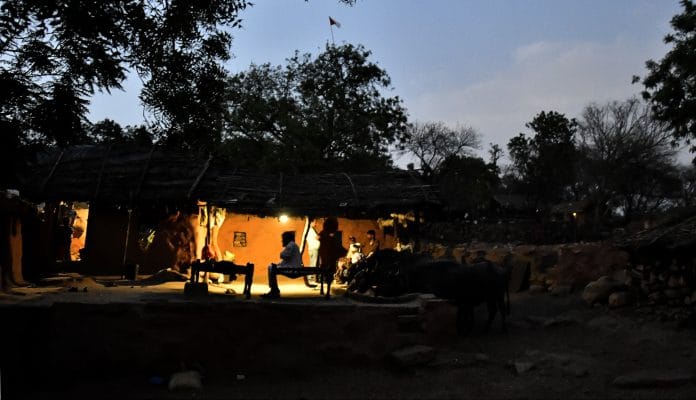When you’re constantly trying something and failing at it, it’s not a nice feeling. But, practically speaking, in the world of ranks, merit, medals and power, is it even possible for no one to be on the side of failure? In the Olympics, except those with gold, silver or bronze, every other rank counts as failure regardless of the fact that the athletes participating are among the best in the world.
So, failure is as inevitable as the influence of gravity on anything with mass on earth.
After a setback, there’s period full of pain, agony, self-doubt and nothingness. These emotions influence my productivity, and I’m my least productive self in such times. So, during these periods, I think about my stays at my maternal grandparents’ house. One would ask what’s so special about them.
What inspires me to go on
My maternal grandparents stay in an isolated village surrounded by hills. It has bad connectivity and few private vehicles. The only snack shop here is a bhel shop. If one wants better facilities and variety of food, he or she must cross a hilly road by foot or private vehicle. From weekly market, clothes, pesticides for farming to doctors, one has to go to bigger villages.
Here, the day starts early in the morning. We, like most villagers, have chul/stove made of shadu clay on which water is kept for boiling, and wood or cow dung biscuits are used as burning fuel. Most villagers have LPG connection, but it is used only to cook food since the cylinder-renewal vehicle visits twice a month, and not everyone can afford a refill. This village also happens to be a region with depleting groundwater and rocky terrain. For water, the villagers rely on borewells, community handpumps or community wells. To have an individual tap is a luxury. The community taps have timings, and women can often be seen fighting for their turn. The number of utensils filled by every woman is kept in mind and only limited water supply is granted to each household. In summers, when the groundwater sources dry up, government tankers are sent, but only twice a week.
Like any other village in India, villagers here are dependent on farming for their livelihood, with few indulging in lateral agricultural businesses. Apart from men and women, sometimes even school-going children work in the farms because there is shortage of manpower and very little access to alternate technology. Whenever I’m in my village, I too indulge in farming activities, and it is not a cakewalk. It’s a rigorous job only a person with strong will can pursue. I suck at this job, but nevertheless do it to help my grandparents.
I have been a city person my whole life, so the network issues in the village are unbearable. For making a call, one must walk far from home and dance around for network. My heart goes out to the students of this village who now struggle with network during online classes. I used to go to a temple at a higher altitude to attend my online classes during the pandemic.
Also read: Only 1 in 3 students in class V to XII had online access in 6 states, shows survey
What motivates me here?
The very thought that if my parents had not left their village for a better life in the city, I would be living in a place like this, and this would be my daily life. Many young girls are married off in villages after they turn 18 or when they graduate. Today, I’m 23-years old and pursuing postgraduation L.L.B. When I face any rejection, any failure, I remember the resilient women who get up every day and fight for water at community taps, the students who walk long distances for network to attend online lectures, the students who have to support their family with farm work, and the men and women crossing hills for any basic facility. With whatever they have, they never fail to do their part of work.
The visits to my village have taught me that ‘life can be hard at a times or all the time, but one must do their part. No greatness is achieved by succumbing to the situation.’ This is my ode to my village.
Siddhi Mathe is a student of Siddharth College of Law, Mumbai. Views are personal.






